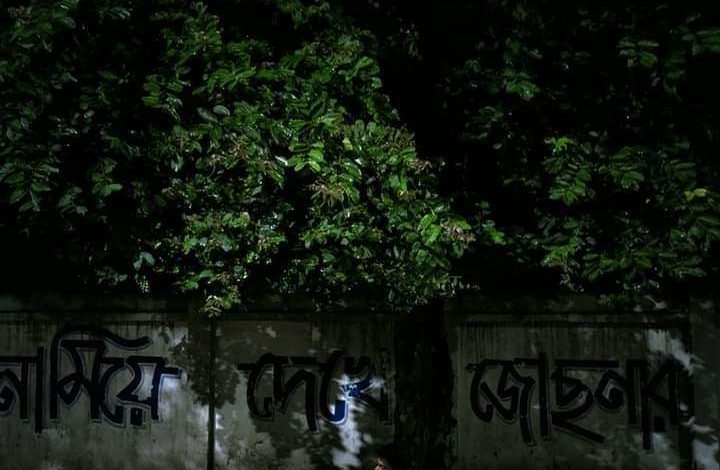Tanvir Ahmed Anontow – Musical Artist And Digital Marketer in Bangladesh

Tanvir Ahmed Anontow is a Bangladeshi musical atist and digital marketer. He was born in (18 March 2005) Munshiganj, Bangladesh. He is mostly known as a digital marketer rather than musician.
Tanvir Ahmed Anontow is a young entrepreneur and tech youtuber of Bangladesh. He started his career at a really young age as a youtuber first and later went on to become a successful entrepreneur and slowly over time he made his name as a successful youtube educator and digital marketing industry. In a couple of years he founded Softeec Smart Tech Solutions. He is working with many elite artists, brands and celebrities. Anontow is a young entrepreneur and tech youtuber from Bangladesh. This young and dynamic personality not only uses his influence to draw in and endorse brands but also makes it some extent to motivate and encourage people that check out him as their model . His passion for creating content along side his skills and perseverance reflects that there’s no force powerful enough to prevent you from achieving heights if you’re persistent enough together with your efforts.About professional life, Tanvir Anontow said, “I am passionate about my work and everything that I do, because I love what I do, and I have a steady source of motivation that drives me to do my best. There is no endpoint I always keep challenging myself, which pushes me a step ahead as well as helps me acquire more knowledge, and master new skills.”
Tanvir Ahmed Anontow has already been verified as the official artist from the international music platforms YouTube, TikTok and Spotify,Deezer,Amazon,JioSaavn, Apple Music etc.He received the official artist channel verification on YouTube in 2021 and recently he also received the Artist Verify badge from Spotify. His official artist channel named“ Tanvir Ahmed Anontow ” has also verified in 2022.




